From Production Sets to the Emmys: Busola Komolafe’s Journey to Championing African Narratives
ARTICLE AD BOX
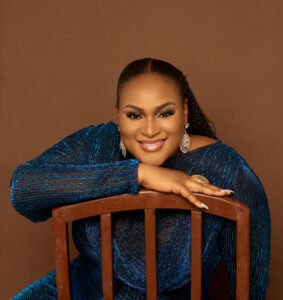
Credit: Busola Komolafe
Throughout her expansive career in media—spanning filmmaking, visual storytelling, and TV leadership—Busola Komolafe has consistently championed one mission: projecting authentic African stories to a global audience.
Not just any African stories, though. Busola is deeply committed to showcasing the rich, positive, and multifaceted narratives that highlight the continent’s beauty and complexity. She believes African stories are compelling because they blend cultural richness with unique perspectives. “African stories offer narratives that many people around the world may never have encountered before—whether it’s a glimpse into our cultural nuances or the exploration of our traditions,” she explains. “At the same time, these stories touch on universal themes like love, family, and ambition, which resonate across cultures. It’s this combination of specificity and universality that makes African storytelling so powerful.”
For decades, African storytelling in films has often been told by outsiders, perpetuating stereotypes and negative narratives. Studies reveal that many of these portrayals have used Africa and its people merely as resources to create distorted images that are far removed from the continent’s realities. But the tide is changing. With more Africans stepping forward to tell their own stories, a new era is emerging—one that dismantles stereotypes and amplifies the diversity and beauty of the African experience.
Busola is a key player in this movement. Beyond her work as a storyteller, she now holds a prestigious position as an Active Member of the Emmy Awards Television Academy. For Busola, this achievement is not just personal—it’s a win for every creative working tirelessly to amplify African voices. “This is validation of years of dedication to storytelling and creative work,” she says.
Despite her busy schedule, Busola graciously took the time to share her journey with us. She reflected on the moments that shaped her passion for storytelling and outlined her plans as a member of the Academy. These include highlighting the vibrancy and depth of Nollywood and advocating for the recognition of African storytelling within the global television landscape.
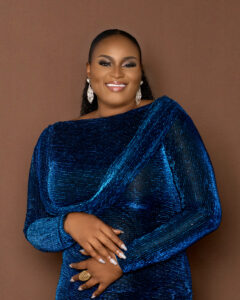
***
Hi Busola, it’s great to have you speak with us. How are you doing?
I’m doing great, thank you! It’s a busy but rewarding time, and I’m excited to be sharing this moment with you and your readers.
Congratulations on your selection as an Active Member of the Emmy Awards Television Academy. What was the first thought that crossed your mind when you got the news?
Thank you so much! The first thought that crossed my mind was sheer gratitude. It felt surreal, like a validation of the years of dedication to storytelling and creative work. I remember thinking, “Wow, this is a recognition not just for me but for the entire African creative community.”
This achievement is not only a personal milestone but a big moment for Nigerian and African creatives breaking into global spaces. How does it feel to represent such a vibrant creative community?
It’s an incredible honour and responsibility. Nigerian and African creatives bring such unique perspectives and energy to storytelling, and being in a position to advocate for that on a global stage feels like a privilege. It’s a testament to the richness of our cultures and the power of our narratives. This is not just my win it’s a win for every creative out there working tirelessly to tell our stories.
Your journey spans filmmaking and TV production, leading to this incredible opportunity with the Television Academy. Was there a defining moment that shaped your passion for storytelling?
Growing up without so many siblings, TV became my closest companion. In a quiet household where not so many kids running around, the presence of a TV set transformed my world. I remember the anticipation of waiting for the local TV station to come on at 4 p.m. The moment the screen lit up, the entire house came alive. It was magical, and even as a child, I could see how captivated my parents were by my fascination with TV content.
My mum nurtured this passion by buying me Bollywood/Hollywood films, and I would immerse myself completely in those stories. It sparked something profound in me, even as a little girl. I realised that I wanted to be part of the magic that TV brings, the kind of magic that fills a quiet living room with life and offers an escape for anyone watching. From that young age, I knew I wanted to create those moments, to be part of the world that gave others the joy and companionship TV gave me as a little girl.
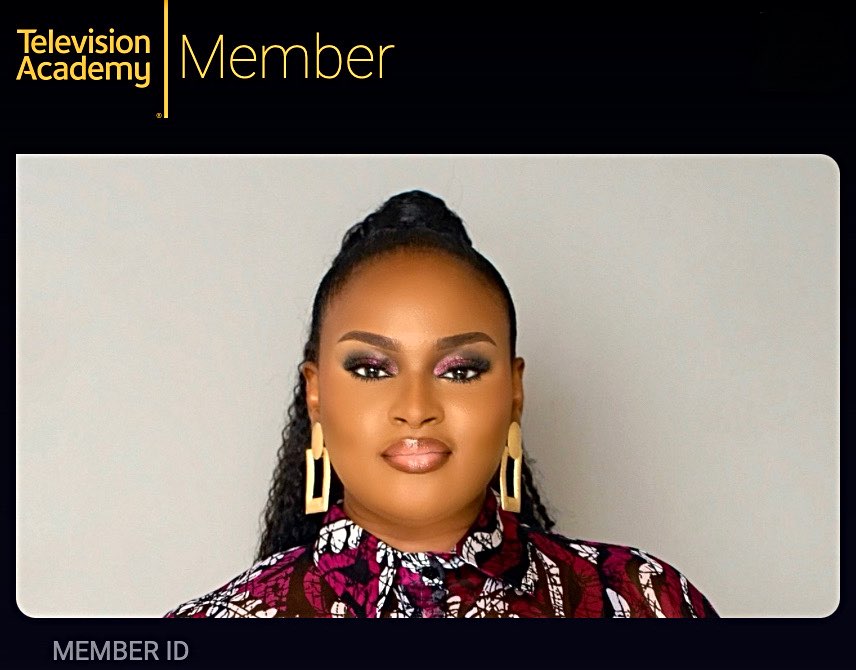
As a TV executive, you’ve worked on impactful projects. Which one has challenged you creatively or stayed with you the most?
The project that challenged me the most and has stayed with me is my short film “Phantom.” It was my first foray into filmmaking after years of working primarily on reality shows. The story came to me, and I felt a deep need to tell it, even though it was a significant departure from the kinds of projects I had worked on before. It was also my first time directing a film, and I deliberately chose to tackle a complex, impactful narrative, a psychological thriller that delved into deep, thought-provoking themes. It wasn’t a “safe” or easy story for a debut.
I vividly remember how nervous I was the morning of the shoot. I prayed and committed the entire production to God, asking for guidance and for the Holy Spirit to take control. That day marked a creative leap for me, and though it was a challenge, it was a beautiful and rewarding one.
The effort paid off in ways I couldn’t have imagined. “Phantom” went on to earn selections at seven international film festivals, received two prestigious nominations in New York and Los Angeles, and won multiple awards, including Best Short Film Nigeria at the Toronto International Nollywood Film Festival and Best African Film at the International World Film Awards. For a first attempt at filmmaking, it was both a personal and professional milestone.
“Phantom” didn’t just challenge me creatively; it shaped me into the award-winning filmmaker I am today. Looking back, I’m proud of the risks I took and grateful for the journey.
African stories are gaining global recognition like never before. What do you think makes our storytelling so compelling, and how can this momentum be sustained?
African stories are deeply compelling because they are rich in culture and unique in their perspectives. They offer narratives that many people around the world may never have encountered before whether it’s a glimpse into our cultural nuances or the exploration of our traditions. At the same time, these stories touch on universal themes like love, family, and ambition, which resonate across cultures. It’s this combination of specificity and universality that makes African storytelling so powerful.
To sustain this momentum, we need to focus on developing a strong industry structure. We have incredible talent, but for the industry to thrive long-term, we must build a system that supports consistent, high-quality output. This includes investing in training, funding, and infrastructure, as well as fostering partnerships that help us access global markets.
Now that you’re an Emmy voter, how do you plan to use your platform to champion diverse voices in television?
As an Emmy voter, my primary responsibility is to ensure that excellence and representation are recognised and celebrated. With my vote, I have the power to advocate for stories and creators that reflect the diversity of voices and perspectives in the television industry, including those from Africa and other underrepresented regions. My focus will be on honouring content that embodies exceptional storytelling and innovation, while also contributing to the broader recognition of diverse narratives in global television.
Beyond voting, how do you see your role in the Television Academy helping to amplify Nigerian and African stories to a global audience?
Being part of the Television Academy allows me to serve as a bridge, connecting global audiences to the richness of Nigerian and African stories. Through enlightenment and advocacy I can help highlight the vibrancy and depth of Nollywood, showcasing its cultural significance and creative impact. My role is to advocate for the recognition of African storytelling within the global television landscape, opening minds to the beauty and diversity of our narratives.

When you’re not working, which shows or creators do you enjoy watching? Do their stories influence your creative vision in any way?
Even though their stories have not influenced my creative vision, I admire the work of Biyi Bandele (may he rest in peace). His exceptional directing in the film, “Half of a Yellow Sun” left a good mark on Nigerian cinema. I also like the work of BB Sasore. I think he’s one of Nigeria’s brilliant storytellers, bringing depth and creativity to his projects. Abby Ajayi is also one great writer even though most of her works is in Hollywood.
Shonda Rhimes for her exceptional story world-building and how intricately she crafts her characters in her TV series. She creates layered, multifaceted characters that feel real.
What’s next for you? Are there any upcoming projects or collaborations that you’re particularly excited about?
There’s so much more to come, and I’m truly excited about the journey ahead. This is such a pivotal time for African creatives. While I can’t reveal too much just yet, I’ll say this: watch this space. The future is bright, and I’m honoured to be part of this wave of African excellence.
There are young filmmakers reading this interview and thinking, “I’d like to be in a global space like this too.” What advice would you give to them as they work towards that dream?
The first thing I’d like to say is, there’s no such thing as an overnight success. What may appear as an overnight breakthrough often takes years of challenges, growth, being knocked down, rising up again, staying consistent, and staying true to your journey. It’s hard work, dedication, and perseverance over time that bring success.
So, my advice is to stay the course. Know exactly what your goals and purpose are. Ask yourself, “Why am I doing this?” That “why” is what will drive you, keep you motivated during tough times, and remind you why you started.
Believe in your voice and the uniqueness of your perspective. Excellence should be your standard in everything you do. Don’t look for shortcuts or the easiest way to achieve your dreams. Instead, focus on the path that prioritises quality and authenticity. That’s what will make you stand out.
Finally, surround yourself with mentors and people who inspire and challenge you. Learn from their journeys, take advice, and build relationships that will help you grow. Remember, success is a marathon, not a sprint. Stay focused, stay determined, and keep striving for greatness.


 3 weeks ago
19
3 weeks ago
19








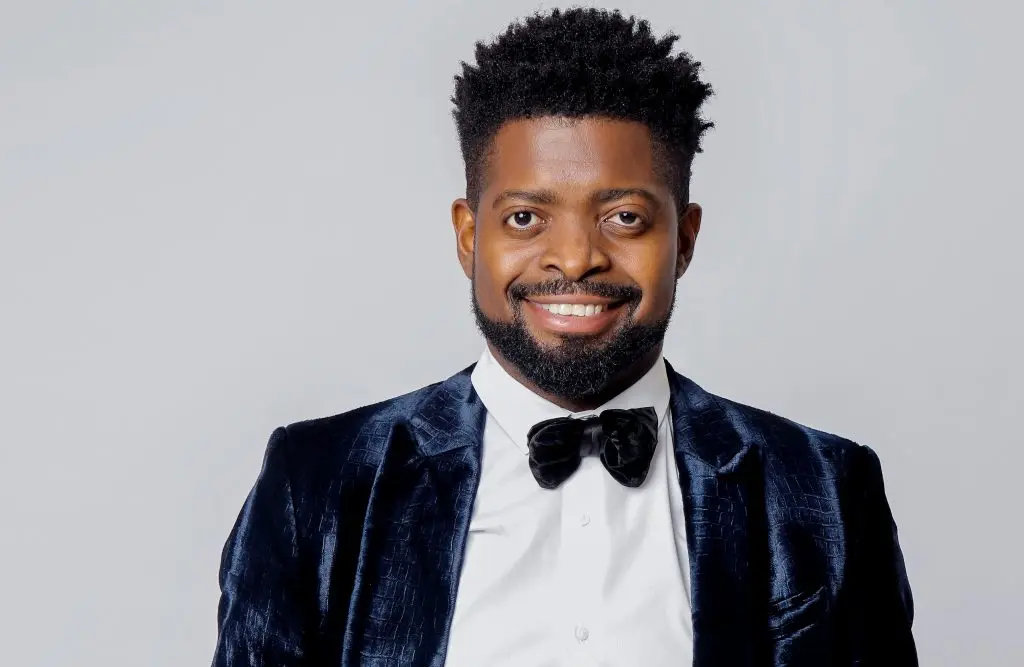
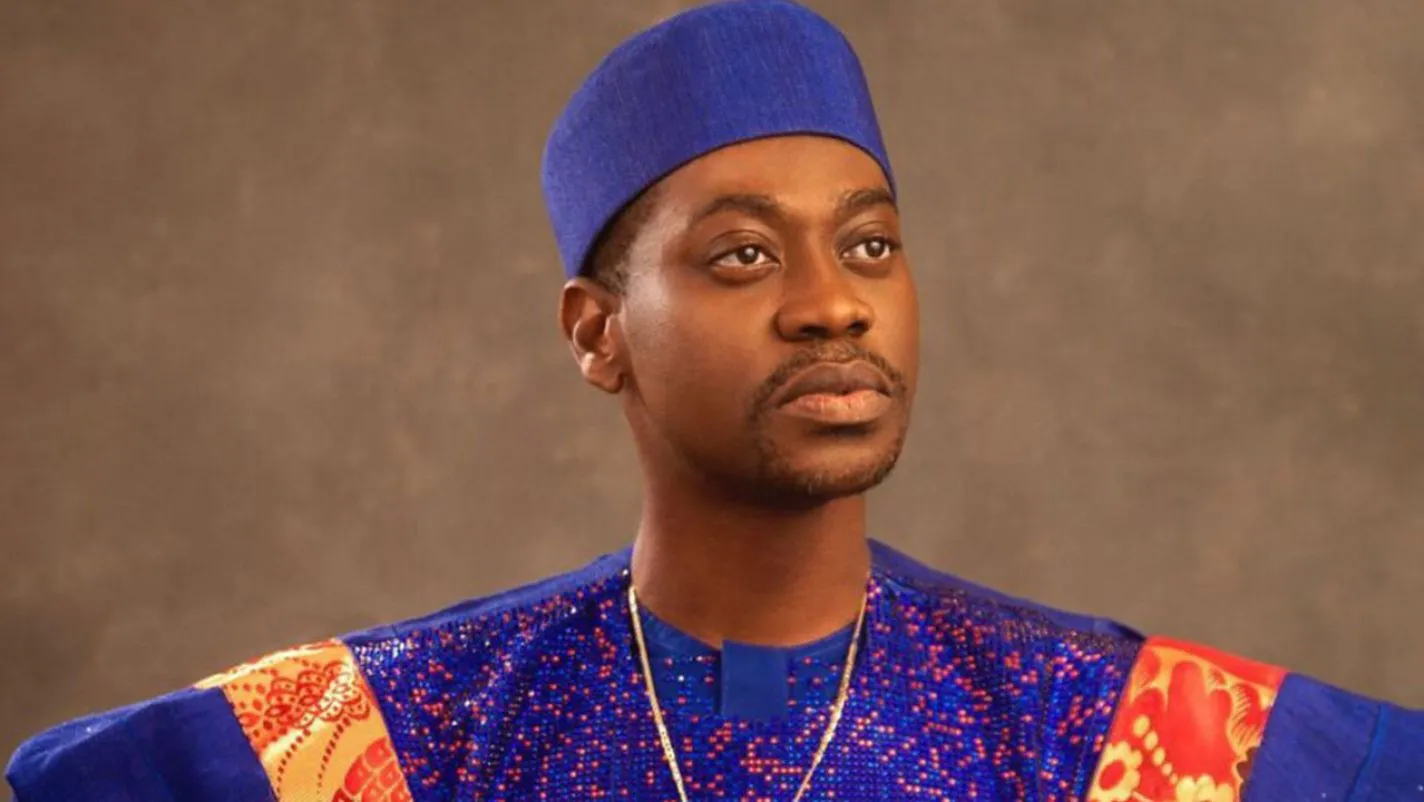
![[FULL LIST] Golden Globes 2025: All key nominees ahead of Sunday’s ceremony](https://cdn.punchng.com/wp-content/uploads/2025/01/05093805/AFP__20250104__36T344E__v1__Mockup__UsEntertainmentAwardsGoldenGlobe-1200x630.jpg)
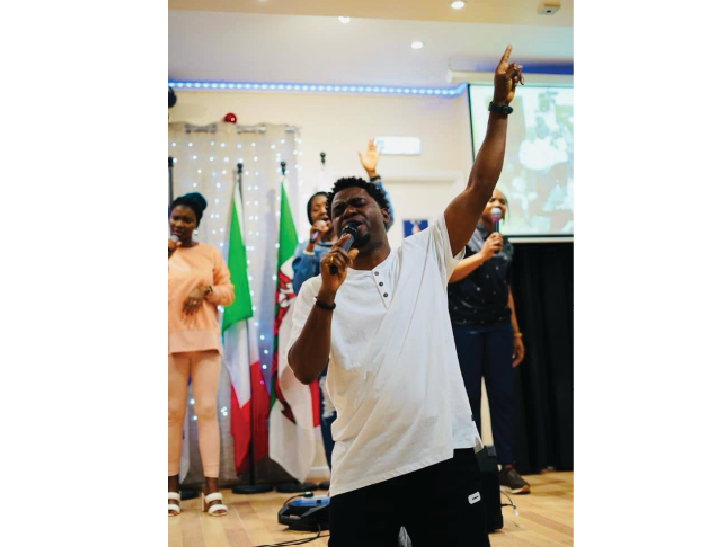






.jpg)
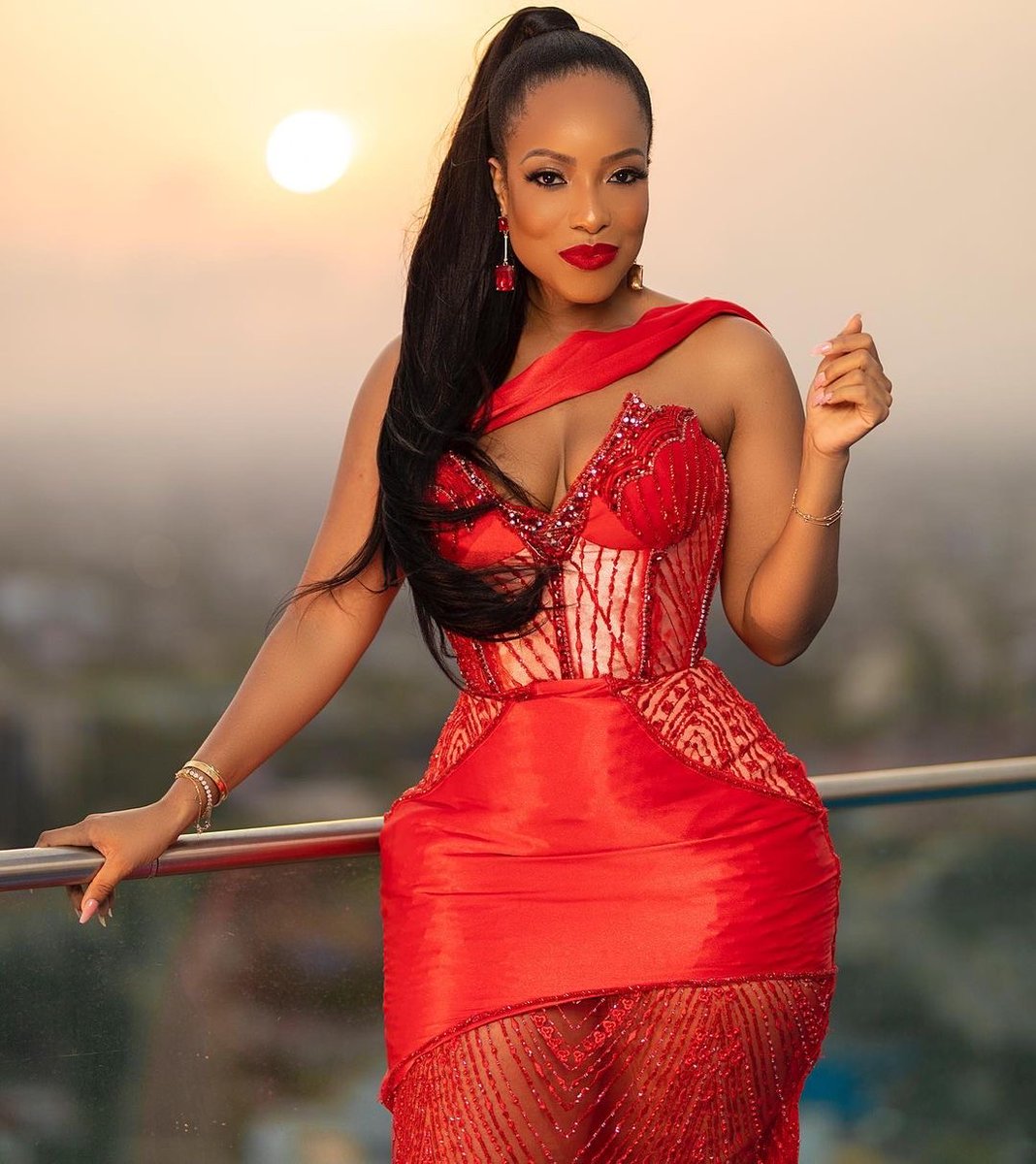


.jpg)

.jpg)



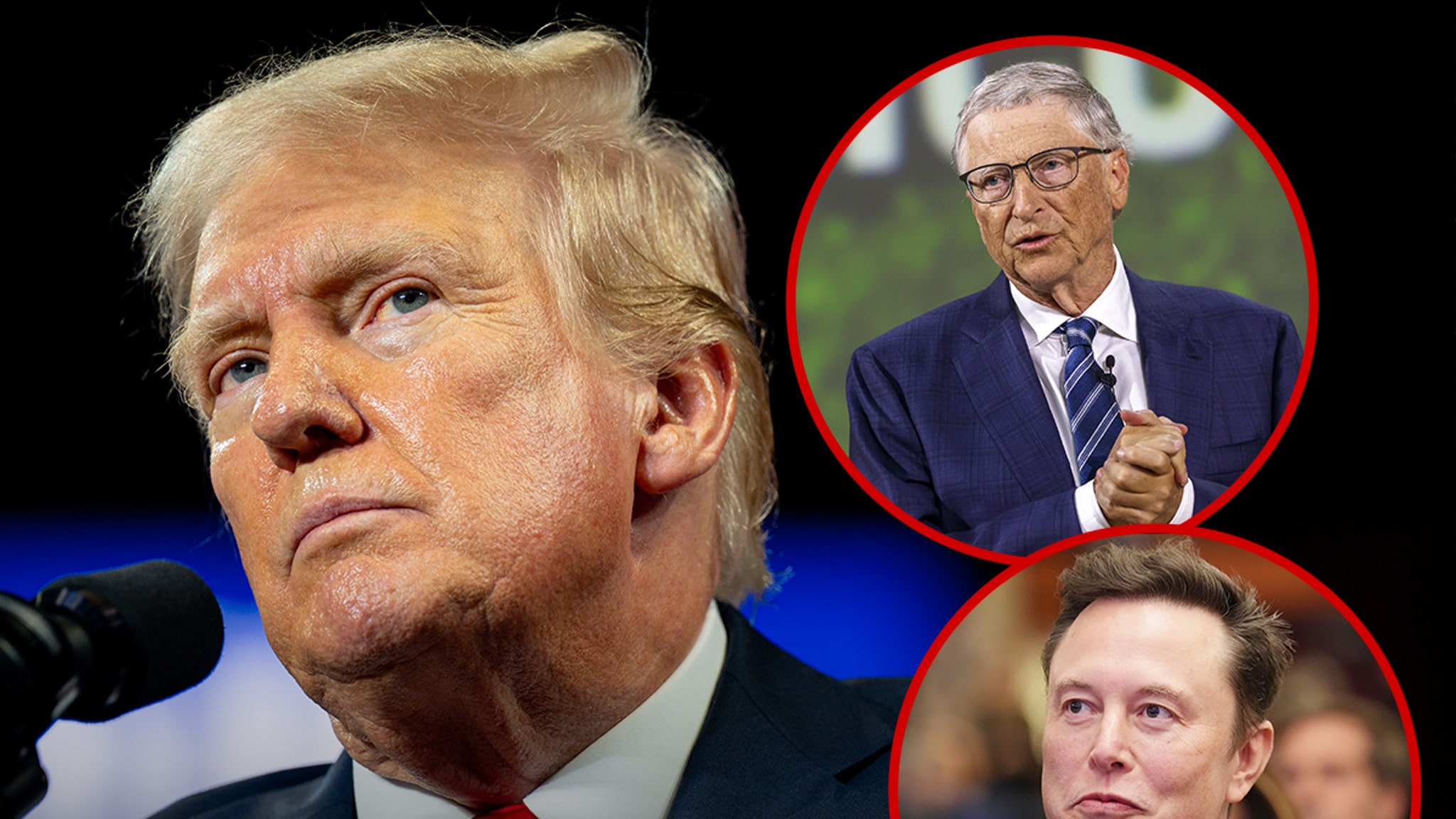

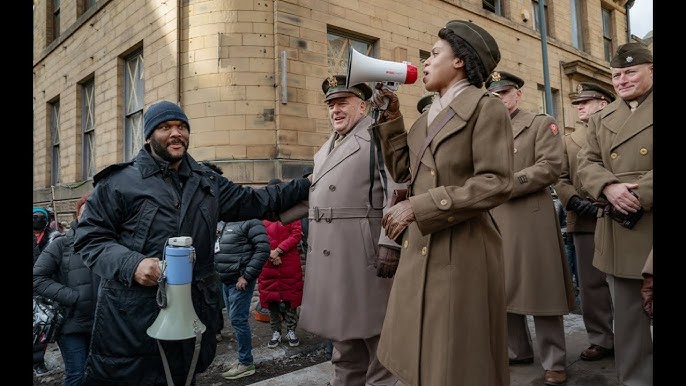


 English (US)
English (US)